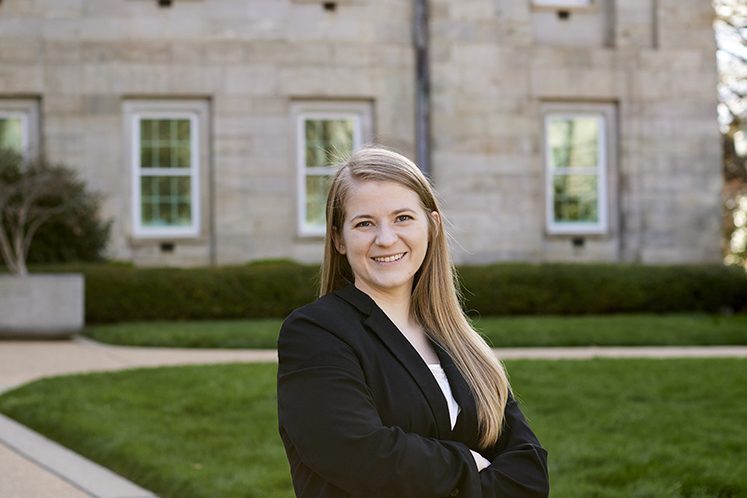
Tharrington Smith & Criminal Tax Defense
Our Practices Criminal Tax Defense
Tharrington Smith can provide the legal guidance that you need. If you have been served with a Federal Grand Jury Subpoena, an IRS administrative summons for documents, or if you have been visited by the Special Agents of the IRS-CI or NCDOR-CI, we can provide the legal guidance that you need. The IRS may encourage you to make a voluntary disclosure. However, we encourage you to seek the advice of a North Carolina criminal tax lawyer before making any statements to the IRS.
We are experienced federal and state criminal tax fraud defense attorneys and have defended countless criminal tax evasion cases. Criminal tax defense has been a unique focus of the firm’s criminal defense practice for more than twenty years.
We work with forensic accountants, former IRS and Department of Revenue agents, and other professionals to develop your best defense to a criminal tax charge. Whether you are the subject of a criminal tax investigation or are concerned that you might be in the future, you should consult with an experienced North Carolina criminal attorney immediately.
Tharrington Smith has a number of lawyers who have appeared in all levels of court, in North Carolina and elsewhere. They are comfortable in the courtroom but also know when to seek an alternate solution.
The lawyers at Tharrington Smith, LLP, have represented taxpayers and businesses around the country in many IRS criminal investigations. The statutes, rules and procedures governing IRS criminal investigations are the same in all federal jurisdictions. Our attorneys are either already admitted or can be admitted to represent defendants in any of the U.S. District Courts in all 50 states.
In North Carolina Department of Revenue cases, all criminal tax prosecutions—no matter the city, town or county in which they originated—are brought in Raleigh. Since our offices are here in Raleigh, we have helped taxpayers all over the State of North Carolina solve State criminal tax problems.
Have You Been Contacted by a Criminal Tax Agent?
If you have been contacted by IRS Special Agents, you should consult with an experienced criminal tax evasion attorney. Most people who are contacted by Criminal Tax Agents are afraid to decline the Agents’ request for an interview because they believe that if they do, the Agents will believe they are hiding something.
Are you worried about an IRS audit?
The IRS has informed you that your tax return, or some aspect of it, has been selected for exam, and you know that there is some aspect of that return that is inaccurate or incomplete.
NC Department of Revenue Criminal Investigation Division.
Like their IRS counterparts, the North Carolina Department of Revenue Criminal Investigation Division typically investigates tax evasion, false tax returns, and failure to file and pay employee withholding taxes. Additionally, the NCDOR-CI investigates failure to file and pay sales and use taxes, employee pay withholding and settles North Carolina residency disputes.
Self Employed? Own Your Own Business?
Whether you own a business or are self-employed, or whether you are a tax preparer or advisor, a CPA or an accountant, if you have been contacted by Special Agents of the Internal Revenue Service or the North Carolina Department of Revenue, you need an experienced criminal tax attorney on your side. Don’t try to handle an IRS criminal tax investigation or North Carolina Department of Revenue criminal tax investigation on your own.
Swipe left/right for more
Wells Fargo Building
150 Fayetteville Street
Suite 1900
Raleigh, NC 27601
P.O. Box 1151
Raleigh, NC 27602
(Wake County)
(919) 821-4711
Fax: (919) 829-1583